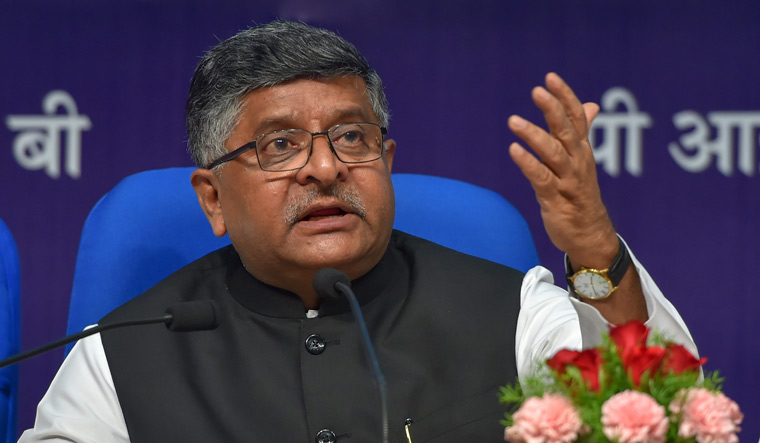Faced with criticism that the Narendra Modi government is stalling appointment of judges to the higher courts, Union Minister for Law and Justice Ravi Shankar Prasad on Monday said the present regime has appointed as many as 315 judges to the High Courts and 17 judges to the Supreme Court in the last four years.
“A total of 315 judges were appointed to the high courts, and 247 additional judges in the high courts were made permanent judges. And 17 judges were appointed to the Supreme Court,” Prasad said at a press briefing on the achievements of the ministry in the last four years.
He said a total of 116 judges were appointed to the high courts in 2016, which is the highest number in the last 30 years. “What is being said about appointment of judges is not true. The numbers speak for themselves,” he said.
A total of 34 appointments have been made to the high courts till June this year, the minister said. This may not compare well with 115 judges appointed to the high courts in 2017. However, Prasad expressed confidence that by the end of 2018, the record number of 116 appointments to the high courts will be crossed.
He reminded that it was under the Modi government that the sanctioned strength in the high courts has been increased from 906 to 1,079, and the sanctioned strength in the subordinate courts has been enhanced from 19,518 to 22,525.
The government has received flak for delay in clearing recommendations from the Supreme Court collegium for appointment of judges to the higher judiciary. Senior members of the judiciary, too, have questioned why the government should be sitting on recommendations for months even as the higher courts reel under severe shortage of judges.
To a question on whether there will be any deviation from the norm of the senior-most judge of the Supreme Court being appointed as the Chief Justice of India, considering that Justice Ranjan Gogoi is next in line to occupy the post, Prasad said the intent of the government should not be doubted. “It is the prerogative of the CJI to nominate his successor, and the government does not have a role to play in it.” Gogoi was one of the four senior-most judges of the Supreme Court who had held an unprecedented press conference earlier this year to complain about the manner in which Chief Justice of India Dipak Misra is administrating the top court.
Asked about the delay in the finalisation of the Memorandum of Procedure for appointment of judges to the higher judiciary, the minister said that discussions are on with the Supreme Court to finalise it. “Our vision is that the norm of screening of possible candidates should also be laid down in the MoP itself. So the high courts would be required to specify on the basis of which norms candidates have been proposed to be appointed as judges,” he said, adding this was being discussed with the SC collegium.
On the Triple Talaq Bill, which seeks to operationalise the Supreme Court's judgement declaring the practice of Triple Talaq as unconstitutional, Prasad said the government will pursue the proposed legislation in all earnestness. The bill has been passed in the Lok Sabha and is pending in the Rajya Sabha, where it has run into stiff opposition from rival parties.
“I want to appeal to (UPA chairperson) Sonia Gandhi, (Trinamool Congress chief) Mamata Banerjee and (BSP supremo) Mayawati on the issue of the Triple Talaq Bill. On this issue, we need to go beyond the political divide,” Prasad said.


